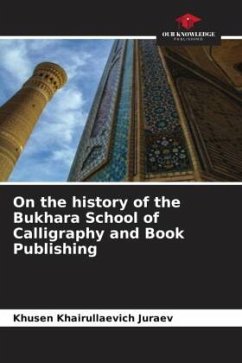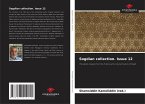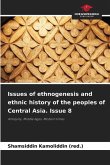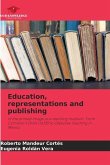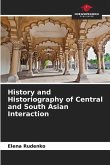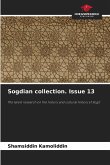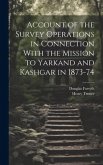This study is devoted to the history of calligraphy and manual bookmaking as a cultural heritage created throughout the centuries-long history of the peoples of the East, as well as the calligraphic art of great masters in the field of bookmaking and miniature painting. The historical study briefly discusses the previous scripts used by the peoples of Central Asia before the emergence of Islam: the Arabic script that replaced the ancient Aramaic script, the Sogdian, Pahlavi, Urhuno-Enisei, Uyghur and Khorezmian scripts, their history, the emergence of the Arabic script, as well as the Bukhara school of calligraphy and the main styles of writing. This monograph also discusses book production technologies. As you know, to rewrite a book, quality paper is initially required. According to 15th century written sources, the most developed centers of paper production are Bukhara and Samarkand. Invaluable thoughts and golden words, captured on gilded pages with elegant writing perfection, amaze the whole world as examples of book art. Calligraphy is considered the most important and valuable craft in the art of book making.
Bitte wählen Sie Ihr Anliegen aus.
Rechnungen
Retourenschein anfordern
Bestellstatus
Storno

